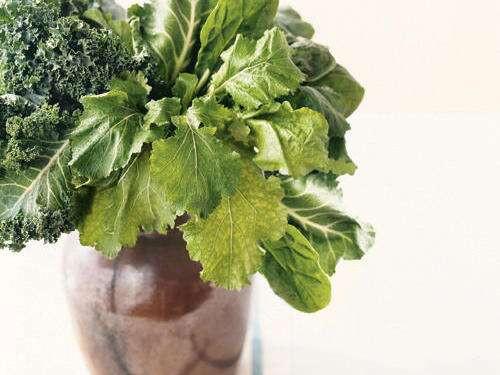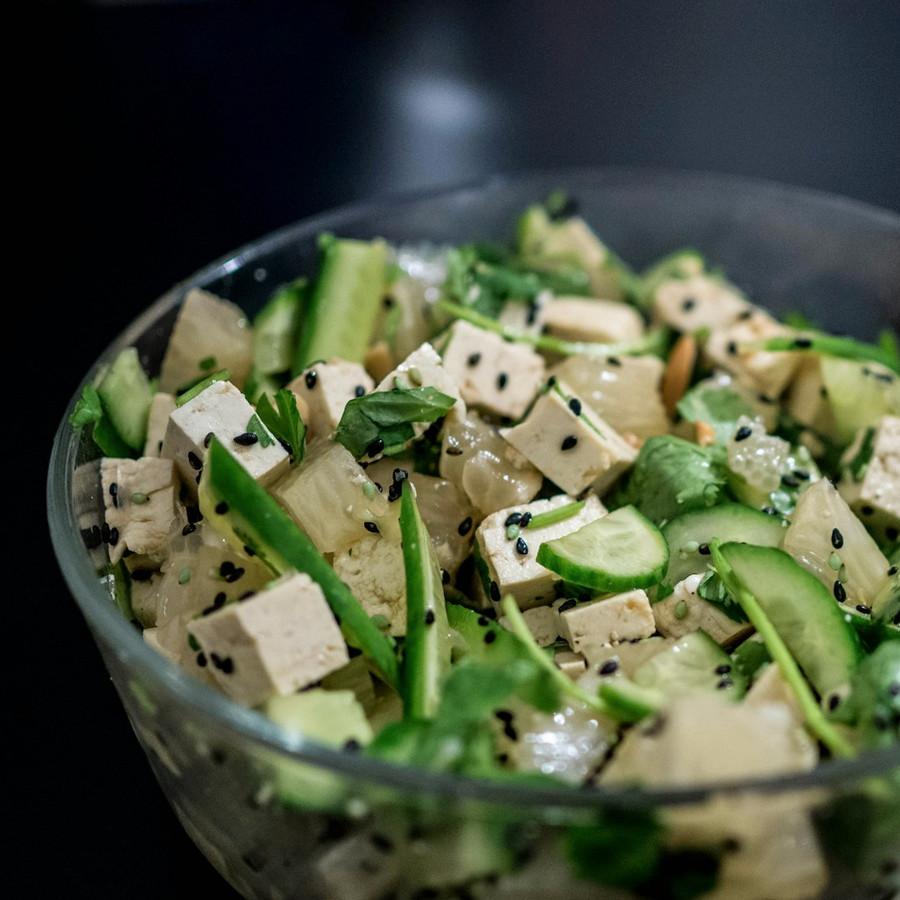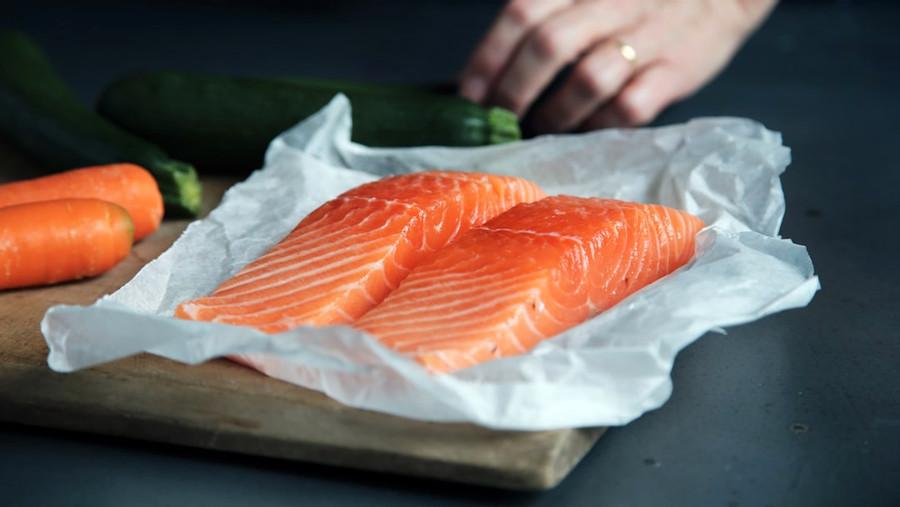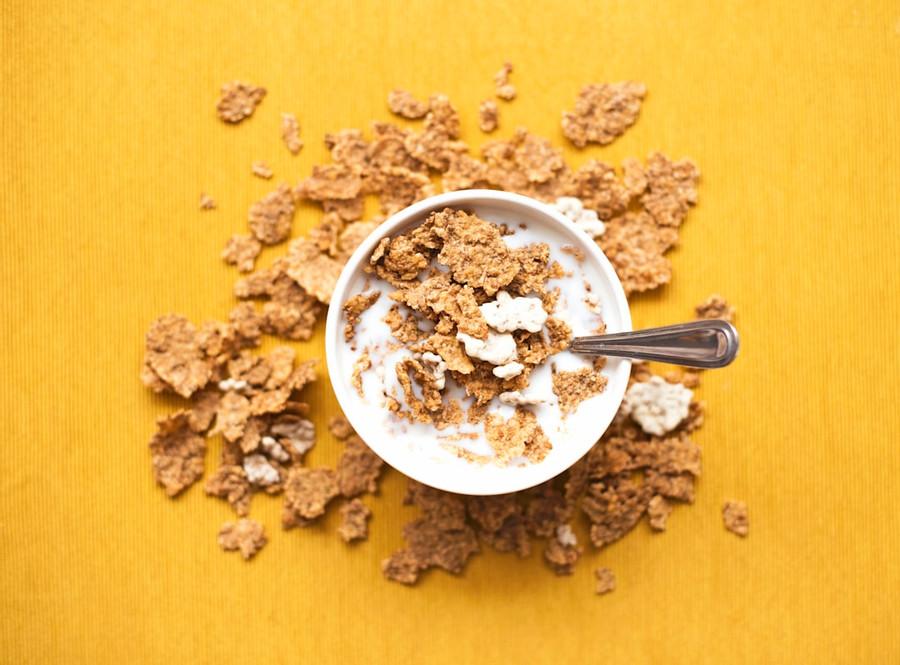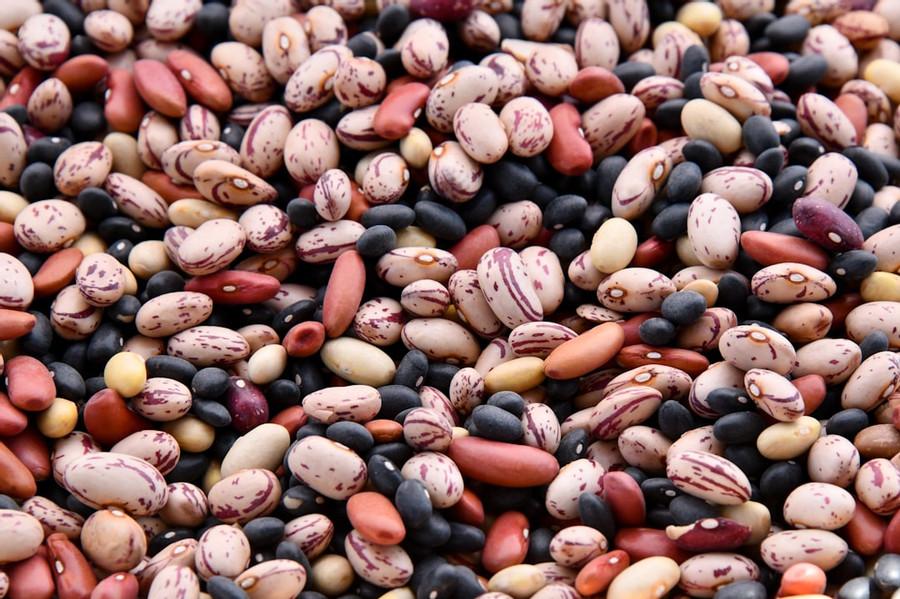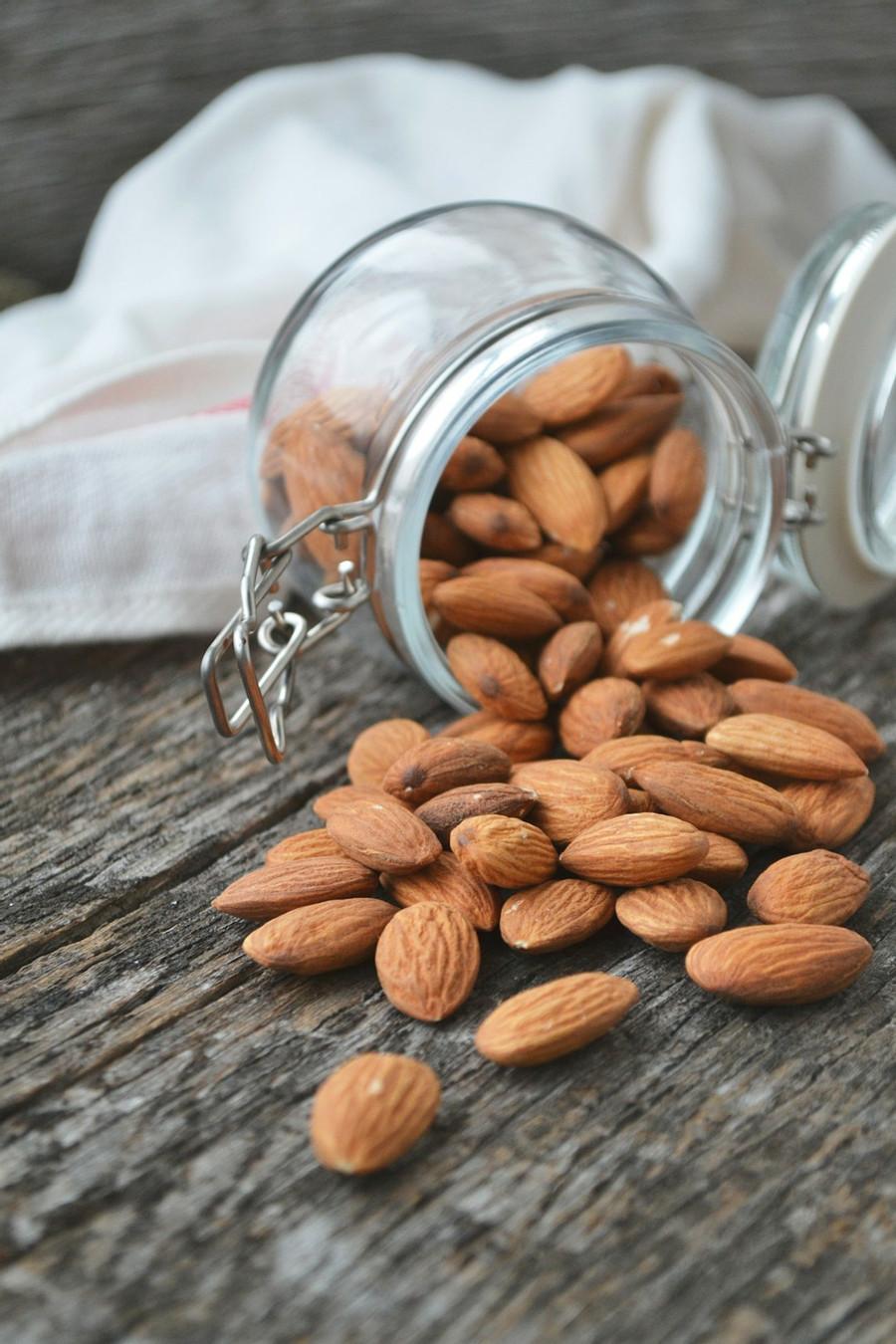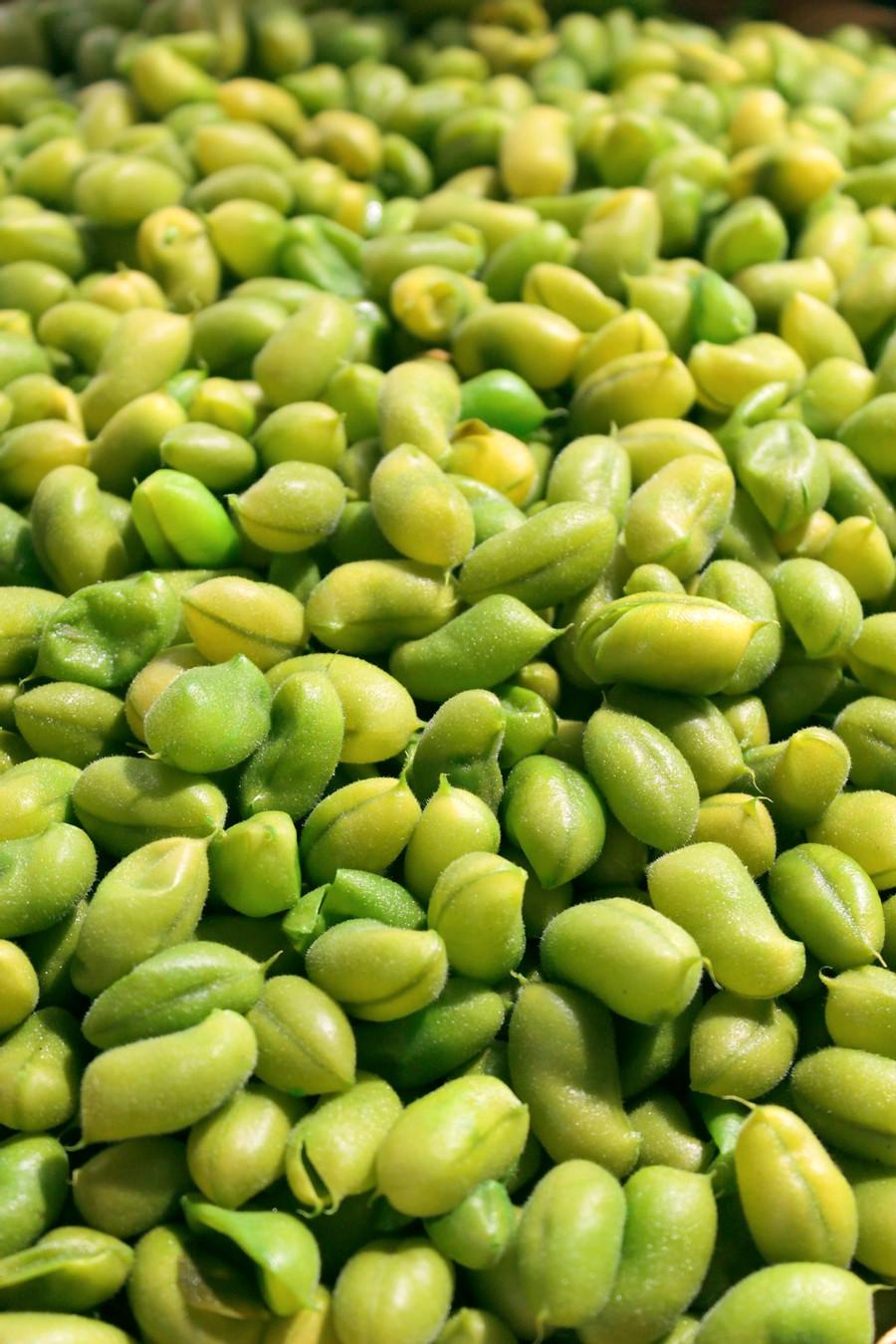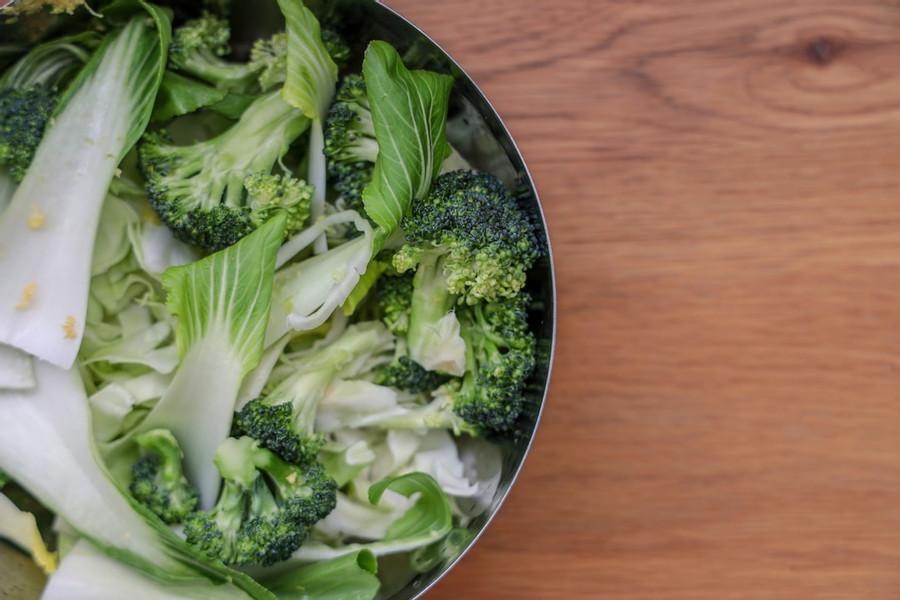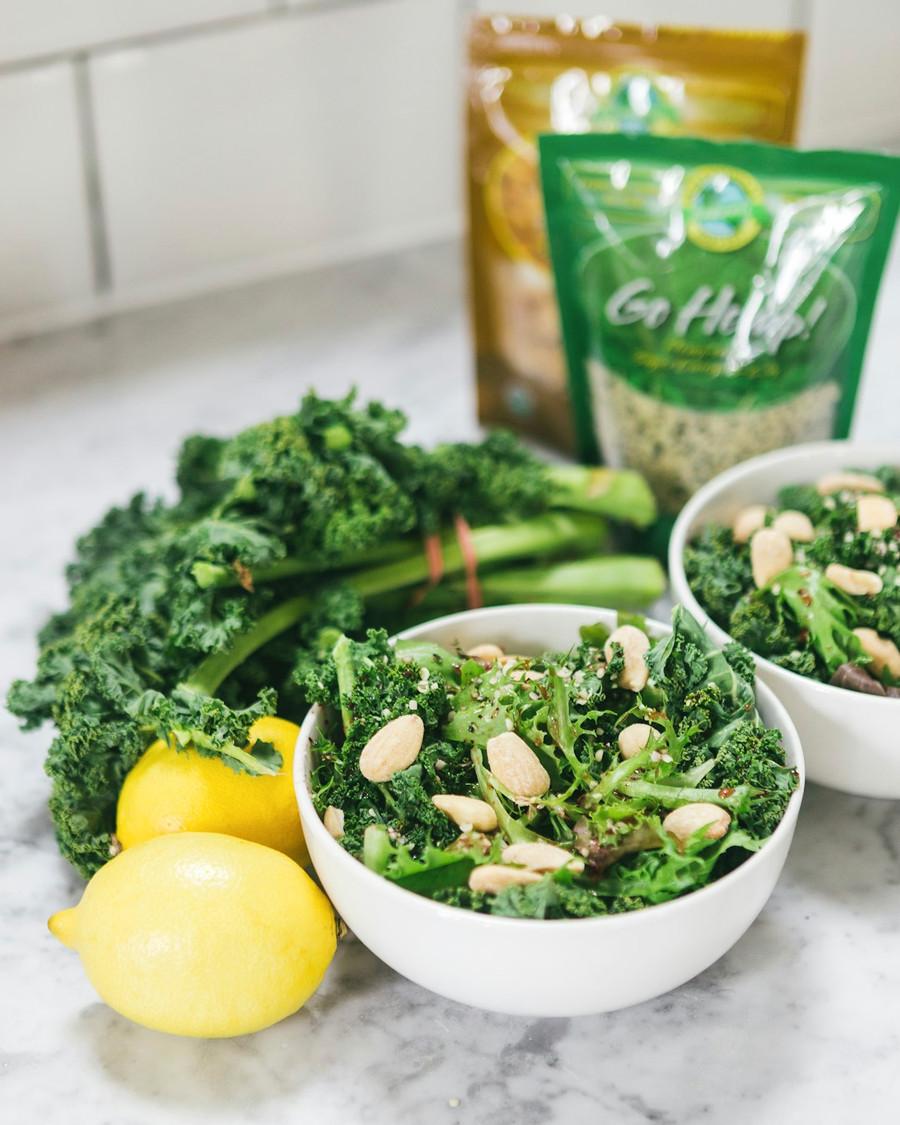10 Foods for Strong Bones
Curated from: cookinglight.com
Ideas, facts & insights covering these topics:
15 ideas
·14.3K reads
76
1
Explore the World's Best Ideas
Join today and uncover 100+ curated journeys from 50+ topics. Unlock access to our mobile app with extensive features.
Eating smart for bone health
- Calcium, magnesium, and Vitamin K are essential for bone health.
- You are your best ally when it comes to building and maintaining strong, healthy bones.
- What you eat plays an important role in determining your bone health.
- Specifically, consuming adequate amounts of calcium (1000 mg for adults ages 19-50) and vitamin D (200 IU for adults ages 19-50) is essential for strong bones.
- Magnesium and vitamin K are also important for bone health.
81
1.5K reads
Bone-Friendly Nutrient: Calcium
- Calcium can help to build stronger, denser bones early in life and keep bones healthy as we grow older.
- It is a mineral that is essential for life, yet a lot of people do not get adequate calcium on a daily basis.
73
1.32K reads
Calcium Source: Yogurt
- Yogurt is an excellent source of calcium.
- Many brands contain about 40 percent of daily calcium needs based on an 8-oz. serving. (We recommend low-fat and fat-free.)
- Plus, yogurt is a tasty and versatile food.
- Have it for breakfast topped with two tablespoons of granola, as a snack on its own.
79
1.26K reads
Calcium Source: Cheddar Cheese
- Just 1.5 oz. of reduced-fat cheddar cheese will meet about 30 percent of your daily recommendation for calcium.
- Add a slice to sandwiches, salads, or enjoy as a snack with crackers.
76
1.15K reads
Calcium Source: Milk
- No surprise surprise here, milk is another excellent source of calcium.
- An 8-oz. glass of milk contains about one-third of your daily calcium needs. (Skim or low-fat is best.)
- Most brands of milk are fortified with vitamin D, another nutrient essential for bone health. (More on vitamin D in a minute).
- If you’re not a dairy fan or are unable to tolerate lactose, look for a fortified soymilk, or try a lactose-free milk.
76
948 reads
Calcium Source: Tofu
- A great non-dairy source of calcium is tofu.
- Just one-half cup of firm tofu fortified with calcium has about 20 percent of the daily recommendation for calcium. (Not every tofu is made this way, so look for labels that declare it's a good source of calcium.)
- Tofu is also a good source of protein.
76
883 reads
Key Nutrient : Vitamin D
- Vitamin D also plays a critical role in building and protecting your bones.
- Vitamin D promotes calcium absorption, and studies show that people with low levels of vitamin D have lower bone density or bone mass. They are also more likely to break bones as they age.
- Vitamin D is naturally present in very few foods, but you can get it from sunshine, and more food are being fortified with this very important nutrient.
- While cod liver oil is perhaps the best natural food source of Vitamin D, there are other, better-tasting options (listed below).
81
929 reads
Vitamin D Source : Salmon
- Salmon is one of the best natural sources of vitamin D.
- Just 3.5 oz. of cooked salmon supplies about 90 percent of your daily vitamin D needs.
- What's more, salmon is a great source of protein and heart-healthy omega-3 fats.
- Try to have at least one salmon dish every week.
77
827 reads
Vitamin D Source : Canned Tuna
- If weekly fresh fish is out of your budget, an economical source of vitamin D is canned tuna.
- Three ounces of canned tuna contains approximately 50% of your daily vitamin D requirement.
- Concern has been raised about mercury levels in some fish and shellfish, such as tuna.
- However most experts agree that the benefits of moderate fish consumption (up to 12 oz. of low-mercury fish per week) far outweigh the risks.
77
782 reads
Vitamin D Source: Fortified Cereal
- Some ready-to-eat cereals are fortified with vitamin D.
- Check the labels and look for products that have at least 10 percent of the daily value of this important nutrient.
75
907 reads
Essential Mineral: Magnesium
- The mineral magnesium provides many functions within the body, and one of them is to help keep bones strong (50 percent of body magnesium is found in bone).
- Eating a variety of food can help to ensure adequate magnesium intake.
- Women over 30 should aim for 320mg of magnesium daily, while men need 400 to 420mg.
- These numbers are easy to obtain from a variety of legumes, nuts, whole grains, and dark leafy vegetables (spinach and quinoa are especially good sources).
78
810 reads
Magnesium Source: Almonds
- Just one ounce of almonds (a small handful - about 24) provides about 20 percent of your daily magnesium needs.
- Almonds make a terrific snack on their own (just remember to watch portion size; one ounce of almonds contains about 164 calories, 3.4 grams fiber, and 15 grams fat, though only 1 gram saturated fat).
- They're also great as a topping for cereal, yogurt, or salad.
75
762 reads
Magnesium Source: Soybeans
- Soybeans are another excellent source of magnesium.
- About ½ cup cooked soybeans will meet approximately 20 percent of your daily magnesium needs.
- Edamame - plain steamed soybeans - make a great snack.
- You can incorporate them into salad or stir-fry for added protein and texture.
75
763 reads
Key Nutrient: Vitamin K
- Vitamin K serves many functions within the body, but mounting scientific research has linked this important nutrient with bone health.
- Recent studies indicate that vitamin K may help prevent bone resorption and adequate dietary intake is likely necessary to prevent bone loss.
- Vitamin K needs can be met by consuming a diet rich in leafy greens.
75
749 reads
Vitamin K Source: Leafy Greens
- Leafy greens such as kale, spinach, Swiss chard and collard greens are very high in Vitamin K.
- Just 1/2 cup of these greens, cooked, can contain more than 500% of the recommended daily amount of vitamin K.
- Important health note: Misuse of vitamin K in supplement form can produce toxicity, and if you are taking the blood thinning drug Coumidin or any other anticoagulant drugs please check with your doctor before increasing or decreasing your vitamin K intake.
- When obtained from food sources, 500% of the DV may sound like a lot, but vitamin K consumed through food rarely produces toxicity.
76
762 reads
IDEAS CURATED BY
Lawyer turned Artist Visionary Curator & Gallerist. Empowering self-love and joy through art & words. www.innerjoyart.com 💝 Instagram : dymphna.art
CURATOR'S NOTE
Knowing what food can serve essential nutrients for our body helps us to eat consciously and with more awareness. Being mindful about food that we consume for our body helps us to maintain good health in the long run.
“
Dymphna Lanjuran's ideas are part of this journey:
Learn more about exerciseandfitness with this collection
How to improvise with ingredients
How to follow a recipe
How to prepare ingredients
Related collections
Similar ideas
1 idea
Health Benefits of Chia Seeds and Nutrition Value
megabloginfo.com
1 idea
Health Benefits of Chickpeas and their Nutrition value
megabloginfo.com
Read & Learn
20x Faster
without
deepstash
with
deepstash
with
deepstash
Personalized microlearning
—
100+ Learning Journeys
—
Access to 200,000+ ideas
—
Access to the mobile app
—
Unlimited idea saving
—
—
Unlimited history
—
—
Unlimited listening to ideas
—
—
Downloading & offline access
—
—
Supercharge your mind with one idea per day
Enter your email and spend 1 minute every day to learn something new.
I agree to receive email updates
